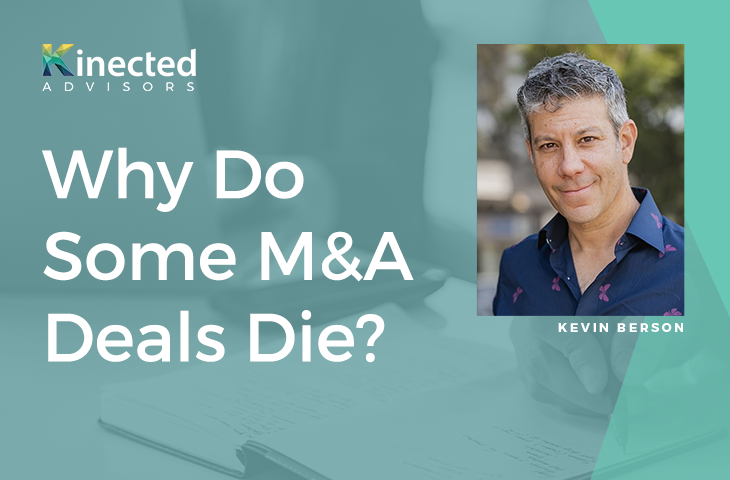Mergers and acquisitions (M&A) deals can fail due to various reasons. Trust between the parties involved is the key factor that determines the success of a deal, which is typically established over the 8–12-month deal lifecycle. While an M&A advisory firm can help increase the likelihood of success, several factors can erode trust and lead to a deal’s premature death.
Discrepancies in Earnings
One factor that can cause an M&A deal to fail is discrepancies in earnings. If the parties cannot agree on the adjusted earnings of the target company, the deal is likely to fall apart.
To avoid such a situation, sellers should obtain a sell-side Quality of Earnings (QofE) report from a third-party accounting firm for deals valued over $10 million. This report evaluates the target’s financial and operating information with a focus on the EBITDA. It ensures that the seller’s financials are prepared, increasing the probability of closing and allowing deals to close more quickly.
Financing
Financing is another common issue that can cause deals to fail. If financing required to complete the deal is not available or becomes too expensive, the deal may fall apart.
In such cases, parties will need to get creative to get the deal closed. For example, in a recent deal, a seller acted as the buyer’s bank, receiving an above-market interest rate collateralized by a lien on the buyer’s assets and a personal guarantee from the buyer individually.
Diligence Findings
Diligence findings are another factor that can cause deals to fail. If the diligence process reveals issues with the target company that were not previously known or not properly disclosed, the buyer may lose trust and back out of the deal.
To avoid such a situation, sellers should disclose everything—good,
bad, and ugly—early, and often, as professional buyers employ specialized diligence teams trained to uncover potential issues. When sellers disclose issues in a truthful manner, guided by the advice of their corporate attorney, there is usually a path forward for buyers to mitigate risks (e.g., escrow holdbacks). However, deals can die when trust is diminished through one principal’s action that the other side perceives as a character issue.
Greed
Greed is another factor that can cause deals to fail. Emotions run high in M&A transactions, and a seller may seek a higher price when on market, or a buyer may reduce their offer or impose punitive terms when they discover an issue during diligence. A good M&A advisor plays a critical role in serving as a therapist to their client, grounding them and keeping egos in check. The deal network Axial recently analyzed this subject and provided several recent examples of why deals failed.

In summary, trust and clear communication are essential for closing M&A deals successfully. Most issues can be dealt with in creative ways if the underlying trust has been established. As such, it is essential to work with an experienced M&A advisory firm to increase the odds of your successful transaction.
Kinected Advisors has an 85% success rate in our transactions, well above the 20-30% industry average. If you are considering selling your business, we would love to speak with you about getting you the best possible deal for your business.



